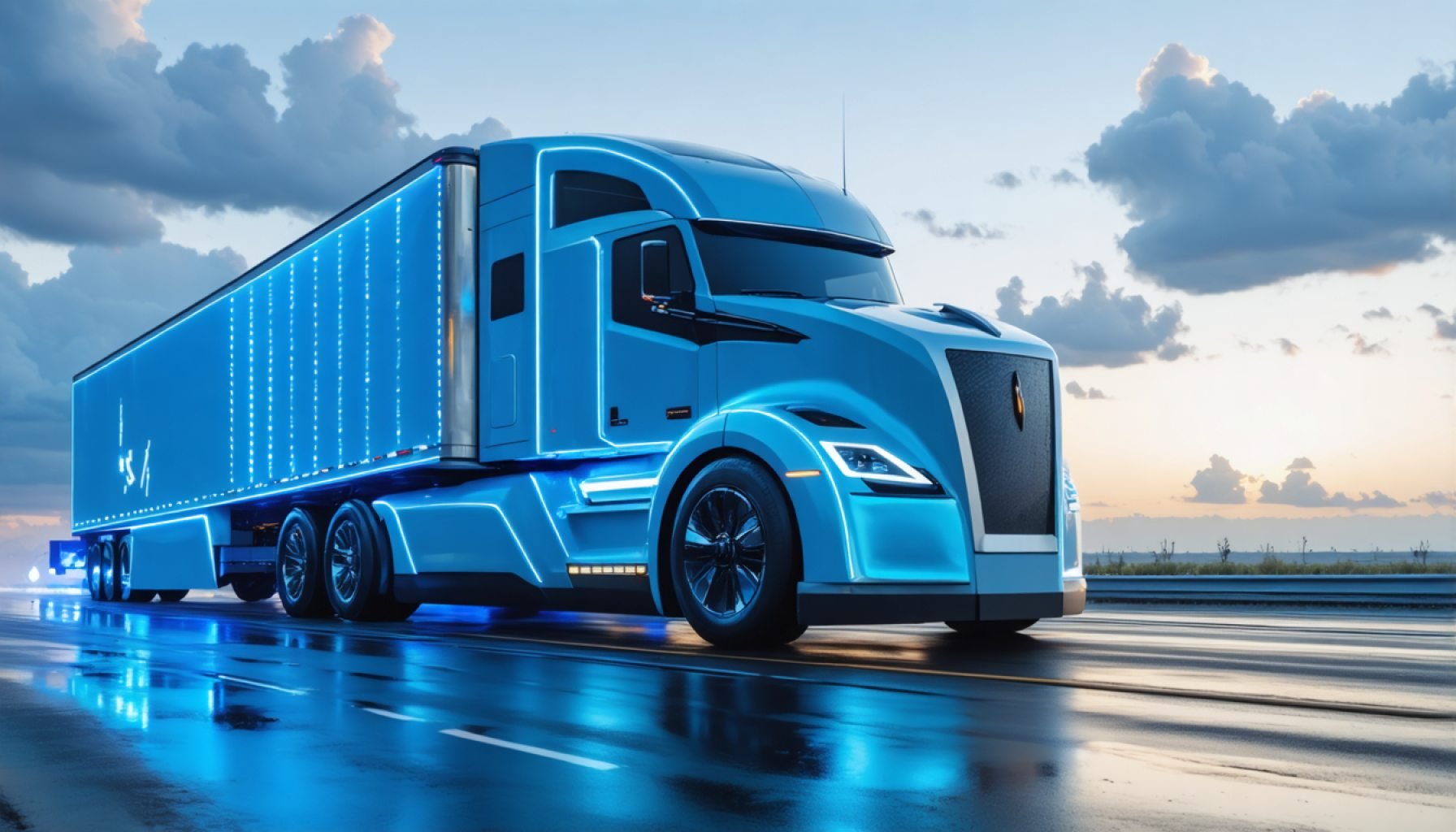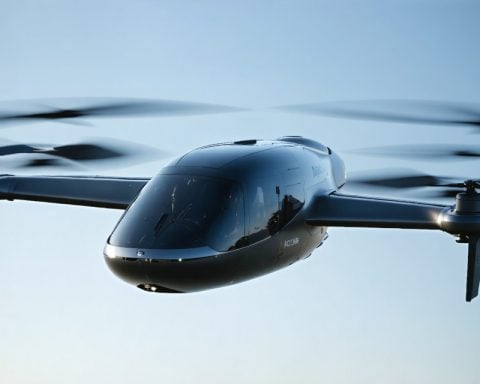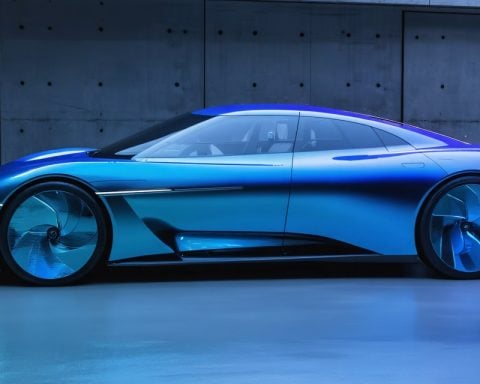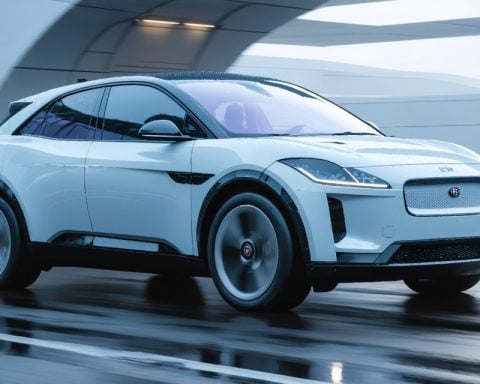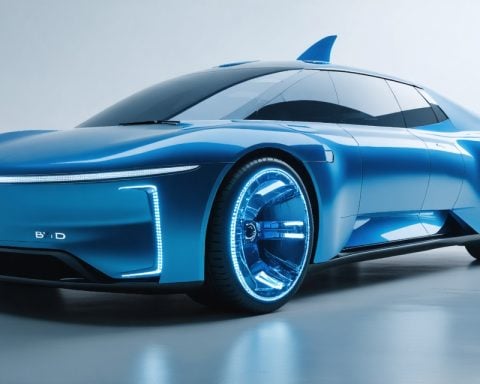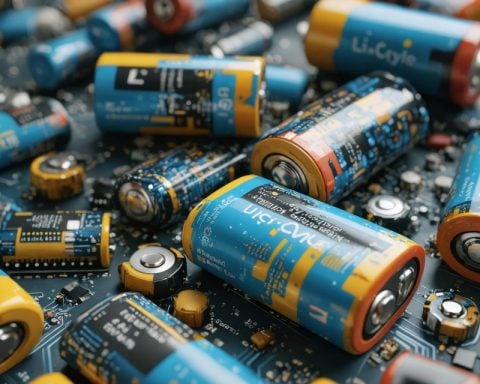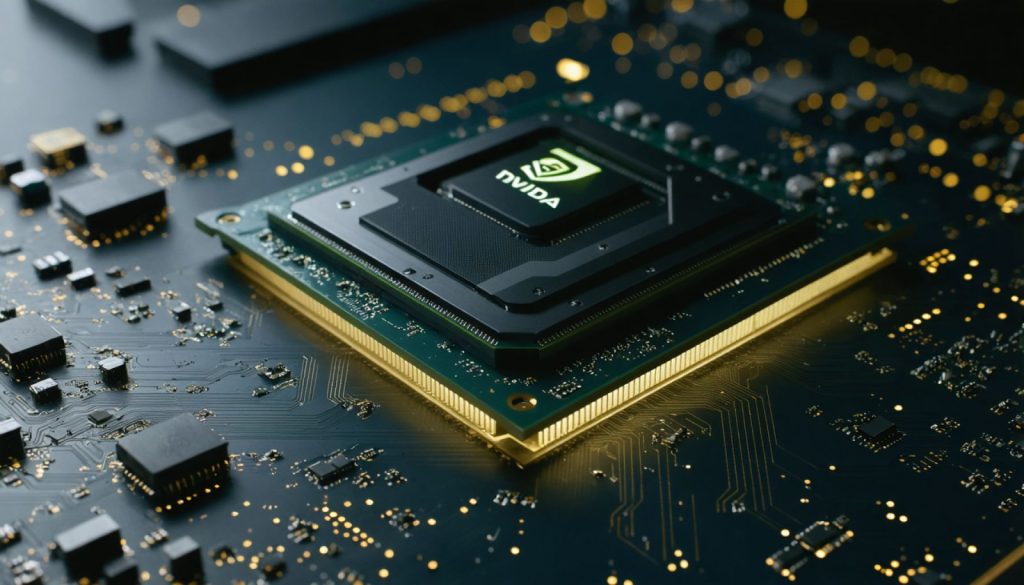- Nikola Corporation is advancing hydrogen fuel cell technology for long-haul trucking.
- The trucks feature quick refueling times of under 15 minutes and a range of up to 500 miles.
- Nikola’s vehicles only emit water vapor, offering a substantial environmental advantage.
- Key challenges include developing a widespread refueling infrastructure and sustainable hydrogen production.
- Achieving these challenges requires significant investment and government support.
- Embracing hydrogen technology could offer companies reduced emissions and operational efficiencies.
- Nikola might redefine the transportation industry, challenging diesel and electric models.
In the pursuit of a cleaner future, Nikola Corporation is leading the charge with its groundbreaking hydrogen fuel cell technology, poised to potentially revolutionize the world of long-haul trucking. Imagine colossal trucks gliding down highways, refueling swiftly, and covering up to 500 miles with ease. This vision of sustainable logistics is becoming increasingly tangible as Nikola pushes its innovative agenda.
Key Innovation: Nikola’s trucks utilize fuel cells that transform hydrogen gas into electricity, providing a quick refueling time of under 15 minutes—an astonishing feat compared to lengthy battery charge times. The trucks boast an impressive range, making them prime contenders for long-distance operations, and offer significant environmental benefits by emitting only water vapor.
Challenges on the Horizon: The journey isn’t without its hurdles. Developing a widespread and accessible hydrogen refueling infrastructure requires hefty investment and strategic partnerships. Likewise, creating cost-effective and sustainable hydrogen production methods is critical. Achieving these goals will likely need robust government support through incentives and regulatory backing, ensuring a smooth transition toward a hydrogen-powered future.
Remarkable Advantages: As Nikola champions hydrogen technology, the potential benefits are striking. Companies embracing this technology promise reduced emissions, streamlined operation efficiencies, and a competitive edge in the logistics industry. Nikola could set the stage for a new era in transportation, challenging the conventions of diesel and electric models.
With the global sustainability momentum building, Nikola’s bold move positions it as a front-runner in the race for green transport solutions. Watch closely as its technology progresses—it might just chart the course for a cleaner, more efficient future on the roads. This thrilling ride towards innovation in logistics holds the promise of a significant shift in the transportation landscape.
The Hidden Roadblocks to Hydrogen-Powered Trucking
New Perspectives on Nikola’s Hydrogen Revolution
Nikola Corporation is at the forefront of the trucking industry’s shift towards sustainability with its hydrogen fuel cell technology. This innovative approach converts hydrogen gas into electricity, allowing trucks to refuel in under 15 minutes and travel up to 500 miles. However, while the promise of a greener future is compelling, several hurdles remain.
Key Questions and Answers
1. What are the advantages and limitations of Nikola’s hydrogen technology compared to traditional electric vehicles?
– Advantages: Hydrogen fuel cells present a faster refueling time than electric batteries, reducing downtime for long-haul operations. They offer longer ranges than most current battery electric vehicles, making them ideal for long-distance trucking.
– Limitations: The primary challenge is the underdeveloped hydrogen refueling infrastructure, which is sparse compared to electric charging stations. Additionally, producing hydrogen sustainably and economically is still an obstacle.
2. How is Nikola addressing the challenges of hydrogen production and infrastructure development?
– Nikola is investing in partnerships to expand the hydrogen supply network and exploring innovative technologies for cost-effective hydrogen production. The company is focusing on forming strategic alliances with energy providers and governments to build the necessary infrastructure. Government incentives and regulatory policies are pivotal to accelerating this transition.
3. What impact could Nikola’s technology have on the market for sustainable logistics, and how are competitors responding?
– Market Impact: If successful, Nikola’s hydrogen trucks could significantly reduce logistics’ carbon footprint, providing a competitive edge for companies that prioritize sustainability. Their technology could catalyze a shift in the industry, leading to broader adoption of hydrogen-powered vehicles.
– Competitor Response: Other companies, including Tesla and Daimler, are exploring alternative green technologies, such as electric batter systems and hybrid solutions. These competitors are investing heavily in developing their sustainable transport technologies, intensifying the race towards eco-friendly logistics solutions.
Suggested Links
– Nikola Corporation
– Tesla
– Daimler
As hydrogen fuel technology advances, its implications for the logistics industry are profound. Nikola’s success could redefine industry standards, but overcoming current limitations will require concerted efforts from multiple sectors. Keep an eye on ongoing developments as these innovations unfold and continue to shape the future of sustainable transportation.
